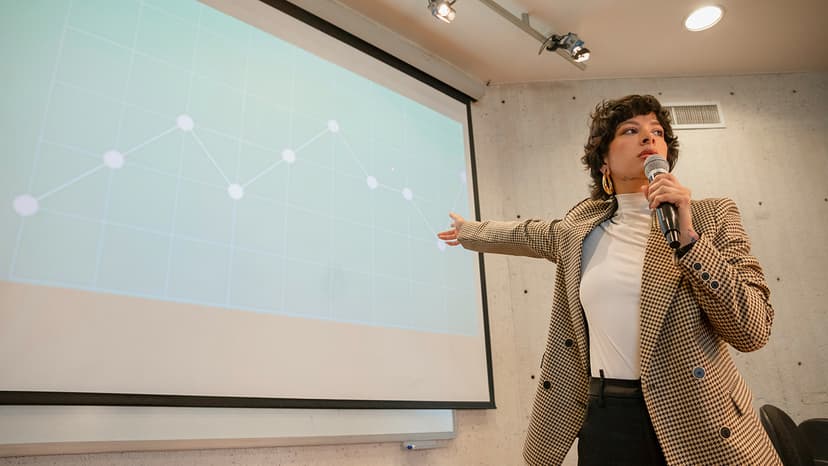Top 10 Chatbot Buzzwords
Chatbots are essential tools in many industries, transforming how businesses connect with customers. These AI-powered assistants simulate human conversation and provide fast, effective support. This article highlights ten key buzzwords shaping the future of chatbots and their role in improving customer experiences.
1. Machine Learning (ML)
Machine Learning (ML) is a key concept in chatbot technology. ML allows chatbots to learn from large datasets and enhance their performance over time. By analyzing user interactions, ML algorithms can recognize patterns and make predictions, enabling chatbots to answer customer inquiries more accurately.
2. Natural Language Processing (NLP)
Natural Language Processing (NLP) refers to a chatbot's ability to comprehend and interpret human language. NLP techniques help chatbots analyze and understand text, leading to more accurate and contextually relevant responses. With NLP, chatbots can handle complex questions, recognize sentiment, and engage in natural conversations.
3. Conversational AI
What is Conversational AI? It encompasses various technologies, including chatbots, that facilitate human-computer communication. This technology uses NLP, ML, and other AI techniques to develop intelligent virtual assistants capable of understanding and responding to natural language. Conversational AI makes chatbot interactions more engaging and seamless.
4. Generative AI
Generative AI allows chatbots to create natural language responses based on input data. It involves training AI models to produce coherent and contextually appropriate text or speech. Generative AI enhances chatbots' conversational abilities, enabling them to handle complex inquiries and engage users more effectively.
5. Personalization
What is the role of personalization in chatbots? Personalization focuses on adapting chatbot interactions to cater to individual customer needs. Utilizing data and ML algorithms, chatbots can offer tailored experiences based on user preferences, purchase history, and behavior. This customization leads to relevant recommendations, targeted offers, and better customer support.
6. Omnichannel
Omnichannel describes a chatbots' capability to function across multiple communication platforms simultaneously. By adopting an omnichannel strategy, businesses can deliver consistent and cohesive experiences, whether customers interact through websites, mobile apps, or messaging tools. This approach enhances convenience and accessibility for users.
7. Live Chat
What is live chat in chatbots? Live chat refers to chatbots' ability to facilitate real-time conversations between customers and businesses. This feature allows chatbots to provide immediate support, resolve issues, and assist customers throughout their purchasing journey. Live chat capabilities help mimic interactions with human agents, enhancing customer satisfaction.
8. Artificial Intelligence (AI)
Artificial Intelligence (AI) encompasses the technologies that enable the creation of intelligent systems capable of human-like interactions. AI empowers chatbots to understand, learn, and reason, allowing them to perform tasks typically requiring human involvement. Leveraging AI, chatbots can automate processes, enhance decision-making, and personalize customer interactions.
9. Chatbot Builder
Chatbot Builder refers to platforms or tools that help businesses create and customize chatbots without requiring coding skills. These user-friendly interfaces allow organizations to design workflows, define conversational paths, and integrate with various systems. Chatbot builders simplify development, making it accessible to businesses of all sizes.
10. Customer Experience Management
Customer Experience Management emphasizes the significance of providing outstanding customer experiences. Chatbots enhance this management by offering instant support, personalized suggestions, and proactive assistance. Utilizing chatbot technology streamlines customer interactions, boosts satisfaction, and fosters long-lasting client relationships.
(Edited on September 4, 2024)












